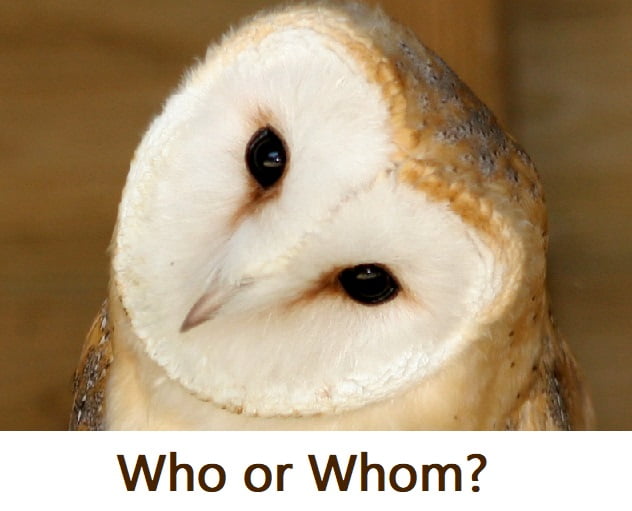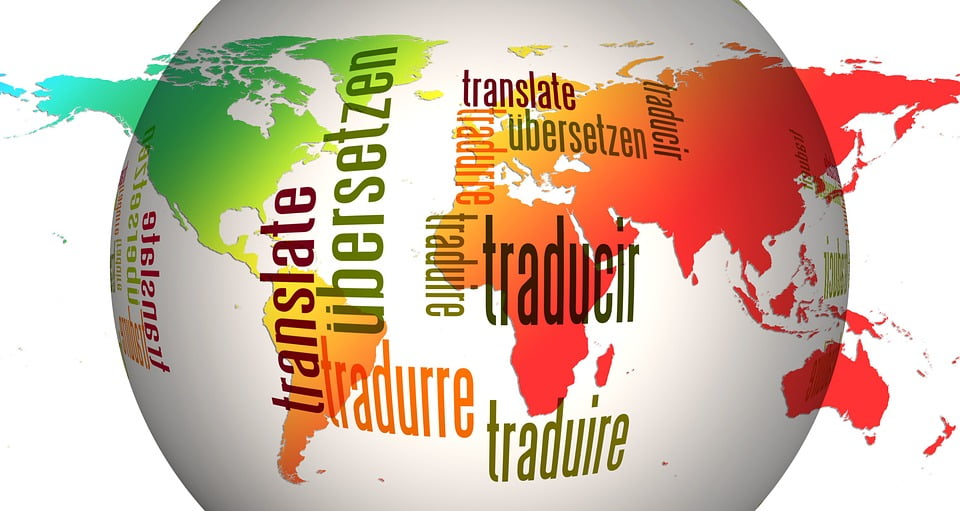 The question is often asked: should it be whose or who’s? Whose and who’s are often confused, even by native English speakers. So what is the difference between ‘who’s and ‘whose’ and how do you know which to use?
The question is often asked: should it be whose or who’s? Whose and who’s are often confused, even by native English speakers. So what is the difference between ‘who’s and ‘whose’ and how do you know which to use?
The difference is simple: ‘whose’ is the word we use to ask who owns something, while who’s is simply a shortening of ‘who is’. Contracted forms of words are rarely used in formal writing but they are often used in speech. The words ‘whose’ and ‘who’s’ are homophones, which means they sound the same. This is why the confusion arises. Read on to explore more about the usage of these words. Continue reading



![By GDJ — https://openclipart.org/user-detail/GDJ [<a href="http://creativecommons.org/publicdomain/zero/1.0/deed.en">CC0</a>], <a href="https://commons.wikimedia.org/wiki/File:GDJ-World-Flags-Globe.svg">via Wikimedia Commons</a> English in International Trade: Britain's Secret Weapon Post Brexit?](https://www.myenglishlanguage.com/wp-content/uploads/2017/12/globe-flags.png)


![1. Prince Harry and Meghan Markle on Christmas Day 2017 by Mark Jones [CC BY 2.0], via Wikimedia Commons Prince Harry and Meghan Markle - Wedding Vocabulary](http://www.myenglishlanguage.com/wp-content/uploads/2017/11/prince-harry-meghan-markle2.jpg)

![Captain Lawrence Oates during the British Antarctic Expedition of 1911-1913, By Herbert Ponting [Public domain], via Wikimedia Commons](https://www.myenglishlanguage.com/wp-content/uploads/2017/11/Captain-Lawrence-Oates1.jpg)
